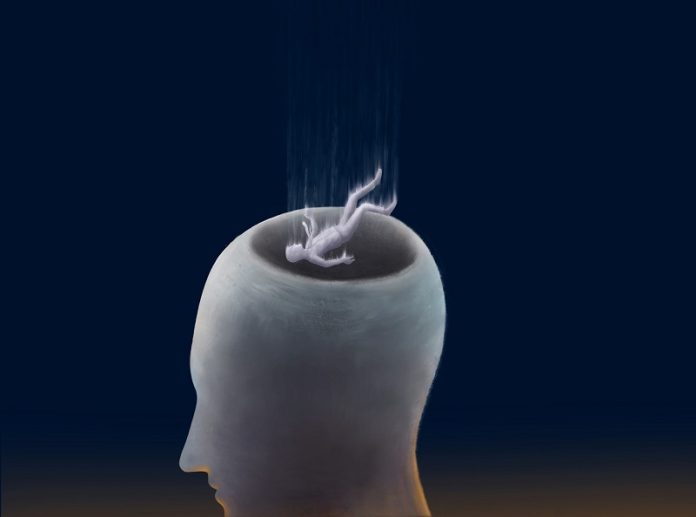
A new study suggests that staying active might be especially important for people with osteoarthritis who experience more severe pain.
According to research published in PLOS Global Public Health, physical activity can play a key role in reducing symptoms of depression in people suffering from osteoarthritis-related pain.
Osteoarthritis is a common condition where the protective cartilage in joints wears down over time. This can lead to pain, stiffness, and decreased mobility, especially in areas like the knees, hips, and hands. It is most common among older adults, but it can affect anyone.
While there is no cure for osteoarthritis, managing the symptoms is crucial for maintaining a good quality of life. Pain management is often the main focus, but this study highlights how mental health is also deeply affected.
Depression is a serious mental health condition that many people with chronic illnesses, including osteoarthritis, experience. Living with pain every day can make someone feel hopeless and withdrawn.
This is why addressing both the physical and mental aspects of osteoarthritis is so important. However, what makes this study stand out is its focus on how physical activity helps with both pain and depression.
The research team, led by Dr. Michaela C. Pascoe from Victoria University in Melbourne, Australia, looked at the connection between physical activity, pain, and depression in people with osteoarthritis.
They examined people with osteoarthritis who were waiting to see an orthopedic specialist. These people experienced varying levels of pain, but the researchers noticed something interesting: the more pain someone had, the more physical activity seemed to help with their depression.
The findings showed that physical activity had an indirect benefit for depression, especially for those who experienced more pain. This means that moving more helped reduce the feelings of depression by easing the pain.
People with the highest levels of pain appeared to benefit the most from staying physically active. In other words, the more pain someone was in, the bigger the potential mental health boost they could get from regular exercise.
Although physical activity may not remove the pain completely, the study suggests it can play a significant role in making it easier to manage.
This, in turn, can lead to a better emotional state. Regular exercise can release endorphins, often called “feel-good” chemicals, that can help lift mood and reduce the perception of pain.
The researchers believe that this study is important for both patients and healthcare providers. They argue that people with osteoarthritis should be encouraged to stay active, even if they are in pain.
By educating both patients and healthcare professionals about the benefits of physical activity, people can learn to manage their pain better and improve their mental health at the same time.
The authors suggest that more access to programs or treatments that encourage physical activity could help people stick to regular exercise routines.
These programs might include self-management strategies or clinical interventions that help people with osteoarthritis stay engaged in physical activity.
This study underlines the importance of staying physically active, not just for managing the physical pain that comes with osteoarthritis, but also for helping with mental health challenges like depression.
It highlights the need for a comprehensive approach to treatment—one that addresses both physical and emotional well-being. Even though osteoarthritis can make physical movement more difficult, the potential benefits make it worth the effort.
For those experiencing high levels of pain, moving more could provide a double benefit: easing their pain and improving their mood.
If you care about mental health, please read studies about how dairy foods may influence depression risk, and 6 foods you can eat to improve mental health.
For more mental health information, please see recent studies about top foods to tame your stress, and Omega-3 fats may help reduce depression.
The research findings can be found in PLOS Global Public Health.
Copyright © 2024 Knowridge Science Report. All rights reserved.



